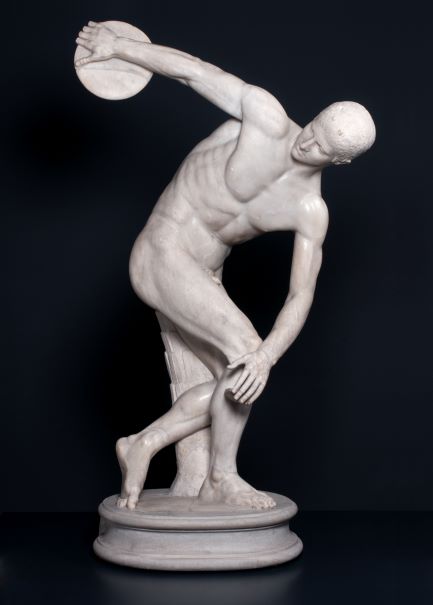
The problem of Roman copies: A Transatlantic Dissent
Humboldt University, Berlin Luca Giuliani
October 31, 2022 · 4:30 pm—6:00 pm · 203 Scheide Caldwell House
Program in the Ancient World

When Professor Giuliani entered the field of Classical Archaeology, there seemed to be a widespread consensus that ancient Roman sculptors had frequently copied Greek statues from the 5th and 4th centuries BC. This consensus has come under lively attack since about 1990. The revisionist movement started in the US but has rapidly spread and consolidated. Today it seems to have established itself as a new orthodoxy. It claims that exact copies did not exist in antiquity; the myth of Roman copies would have been invented by German archaeologists of the late 19th century; this myth should be abandoned if we want to reach a more adequate and less biased understanding of Roman art and Roman culture. From early on, the two dissenting camps (one based in Germany and continental Europe, the other one spreading throughout English-speaking academia) have made little effort to communicate with each other, and the lack of communication has, in turn, favoured the emergence of sectarian certitudes. This is hardly satisfactory.
Professor Giuliani was born in Florence in 1950. He studied Greek and Roman archaeology, Social anthropology, and Italian literature in Basel and Munich, receiving my Ph.D. in Basel (1975). For more than ten years, he was a curator at the Antikenmuseum in Berlin (West). After the fall of the wall, he moved from museum to university, teaching first in Freiburg and then at the Ludwig-Maximilian-Universität in Munich. From 2007 to 2018, he served as rector of the Wissenschaftskolleg zu Berlin – Institute of Advanced Study, where he still holds the position of a Permanent Fellow.















